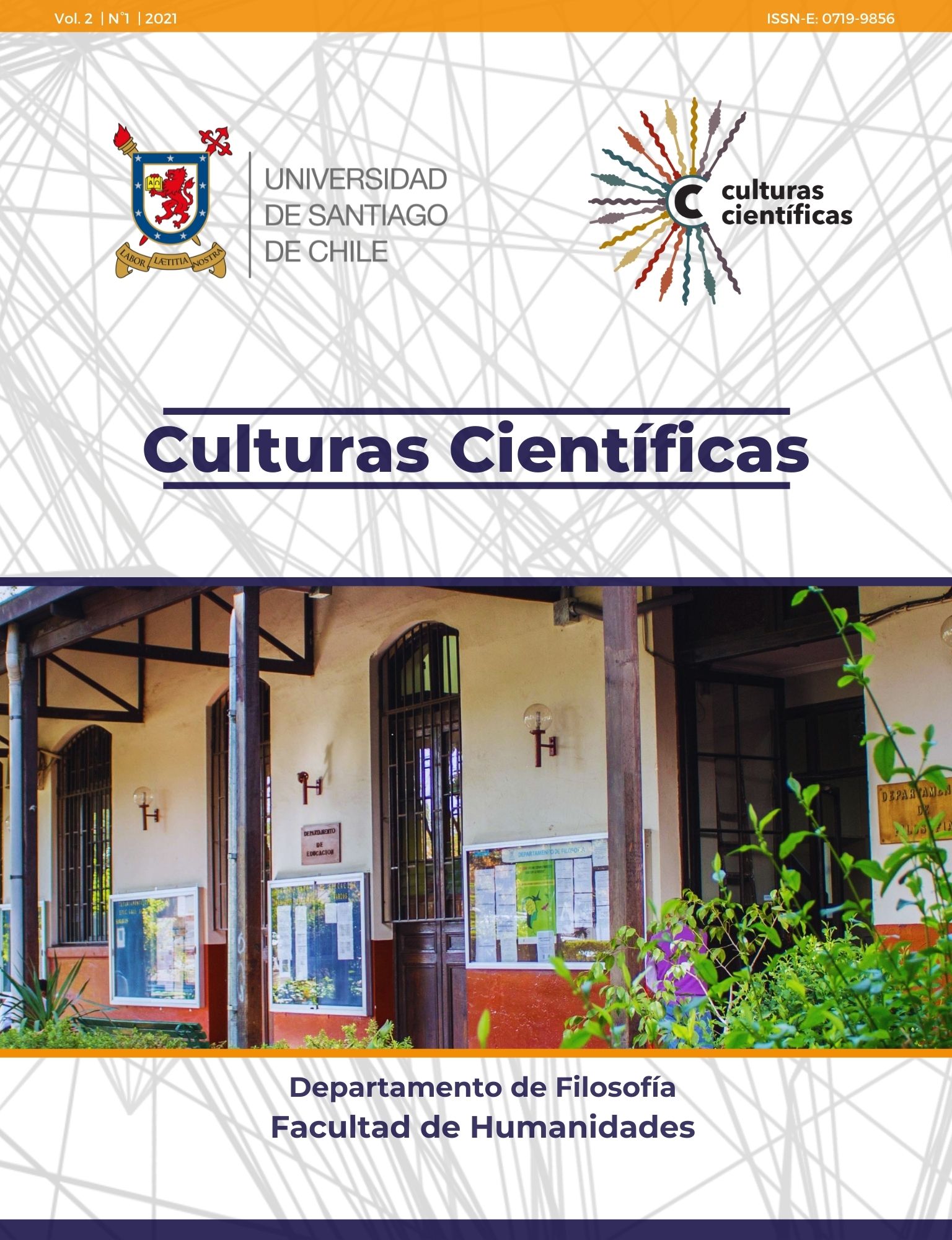Sketch of a Particularist Conception of the Laws of Logic
DOI:
https://doi.org/10.35588/cc.v2i1.4956Keywords:
Logical Anti-Exceptionalism, Abductivism, Nomological Machines, Logical Revision, Philosophy of LogicAbstract
Logical Anti-Exceptionalism claims that Logic is like any other science. If this statement is correct, then Logic is not only revisable, but also everything that can be said about science applies to it, mutatis mutandis. The purpose of this article is to explore this consequence of Logical Anti-Exceptionalism, by approaching the Philosophy of Logic to Nancy Cartwright's theoretical framework of Nomological Machines. According to the latter, the truth of the scientific theories is not in the world, but in its models: highly controlled, stable, artificial, and specific systems, where systematizable and teachable regularities are manifested. I claim that the same can be said about Logic: it does not capture the Laws of Thought or Reason, because thought and reason are not necessarily governed by laws. Laws of Logic are about possible metaphysics: philosophical stories about what propositions, thoughts, truth and validity are. In order to illustrate and defend this thesis, I present an example of Nomological Machine for Classical Logic, based on Wittgenstein's Tractatus, and investigate some of its consequences. I conclude that this image of Logic has an impact on the problem of the revision of Classical Logic, as it shows that this revision does not necessarily respond to a rational process of adaptation of the theory to the facts. This is because the relevant “facts” are not prior to the theory itself but are shaped and driven by it.
Downloads
References
Barrio E. y Da Ré, B. (2018). “Paraconsistency and its philosophical interpretations.” The Australasian Journal of Logic, 15(2): 151-170. doi: https://doi.org/gm45
Barros Grez, D. (1888). Fábulas Orijinales. Memoria Chilena. Biblioteca Nacional de Chile. Consulta 20 abril de 2021. URL: http://www.memoriachilena.gob.cl/602/w3-article-9691.html
Beall, J.C., Restall, G., Sagi, G. (Spring 2019 Edition). Logical Consequence. The Stanford Encyclopedia of Philosophy. Edward N. Zalta (ed.) URL: https://plato.stanford.edu/archives/spr2019/entries/logical-consequence/
Brouwer, L. E. J. (1996). “Life, Art, and Mysticism” Notre Dame Journal of Formal Logic, 37 (3): 389– 429. doi: https://doi.org/ckkjrg
Brouwer, L. E. J. (1948). “Consciousness, Philosophy and Mathematics”. En A. Heyting (ed.) Collected works of L. E. J. Brouwer I: Philosophy and Foundations of Mathematics (480-494). Amsterdam: North-Holland Publishing.
Cartwright, N. (1980). “The truth doesn't explain much.” American Philosophical Quarterly, 17(2): 159-163. doi: https://doi.org/fqzdjt
Cartwright, N. (1999). The dappled world: A study of the boundaries of science. Cambridge University Press. doi: https://doi.org/gm46
Da Costa, N. (1980). Ensaio sobre os fundamentos da lógica. Sao Paulo: Hucitec Edusp.
Dennett, D. (1995). “Intuition Pumps”. En J. Brockman (ed.), The Third Culture (181-197). New York et al.: Simon & Schuster.
Dennett, D. (2013). Bombas de intuición y otras herramientas de pensamiento. Traducción de Laura Lecuona. México D. F.: Fondo de Cultura Económica.
Finn, S. (2019). “The adoption problem and anti-exceptionalism about logic.” The Australasian Journal of Logic [S.I.], 16(7): 231-249. doi: https://doi.org/gm47
Hjortland, O. (2017). “Anti-Exceptionalism about logic.” Philosophical Studies, 174: 631-658. doi: https://doi.org/ghmszs
Hjortland, O. (2019). “What counts as evidence for a logical theory?” The Australasian Journal of Logic, 16(7): 250-282. doi: https://doi.org/gm48
King, P., Arlig, A. (Fall 2018 Edition) Peter Abelard. The Stanford Encyclopedia of Philosophy, Edward N. Zalta (ed.). URL: https://plato.stanford.edu/archives/fall2018/entries/abelard/
Placek, T. (1999). Mathematical intuitionism and intersubjectivity. A critical exposition of arguments for intuitionism. Dordrecht: Springer. doi : https://doi.org/gm49
Popper, K. R. (1965). “Indeterminismo y voluntad humana.” En David Miller (ed), (1995) Popper: Escritos selectos. Traducción de Sergio Madero Báez. Ciudad de México: Fondo de Cultura Económica.
Post, E. (1921). “Introduction to a general theory of elementary propositions.” American journal of mathematics, 43: 169-173. doi: https://doi.org/bxq6d4
Priest, G. (2006). In Contradiction: a Theory of the Transconsistent. Oxford: Oxford University Press. doi: https://doi.org/brb5cv
Russell, G. (Summer 2021 Edition). Logical Pluralism. The Stanford Encyclopedia of Philosophy, Edward N. Zalta (ed.). URL: https://plato.stanford.edu/archives/sum2021/entries/logical- pluralism/
Sylvan, R. (1999). “What is that item designated negation?” En Gabbay, D. y Wansing, H. (eds.) What is negation? Dordrecht: Springer. doi: https://doi.org/gm5b
Tajer, D. (2020) “Intuiciones en lógica: una propuesta moderada.” Revista de Humanidades de Valparaíso, 16: 239-253. doi: https://doi.org/gm5c
Williamson, T. (2013). “What is naturalism?” En Haug, M. (ed.) Philosophical Methodology: The Armchair or the Laboratory? London; New York: Routledge.
Williamson, T. (2014). “Logic, metalogic and neutrality.” Erkenntnis, 79(2): 211-231. doi: https://doi.org/gm5d
Wittgenstein, L. (2014). Investigaciones Filosóficas. Traducción y notas de Alfonso García Suárez y Carlos Ulises Moulines. Madrid: Editorial Gredos.
Wittgenstein, L. (2018). Tractatus Logico-Philosophicus. Traducción de Jacobo Muñoz e Isidoro Reguera. Madrid: Editorial Gredos.
Downloads
Submitted
2021-05-11Published
Issue
Section
License
Copyright (c) 2021 Miguel Agustín Álvarez Lisboa

This work is licensed under a Creative Commons Attribution 4.0 International License.











